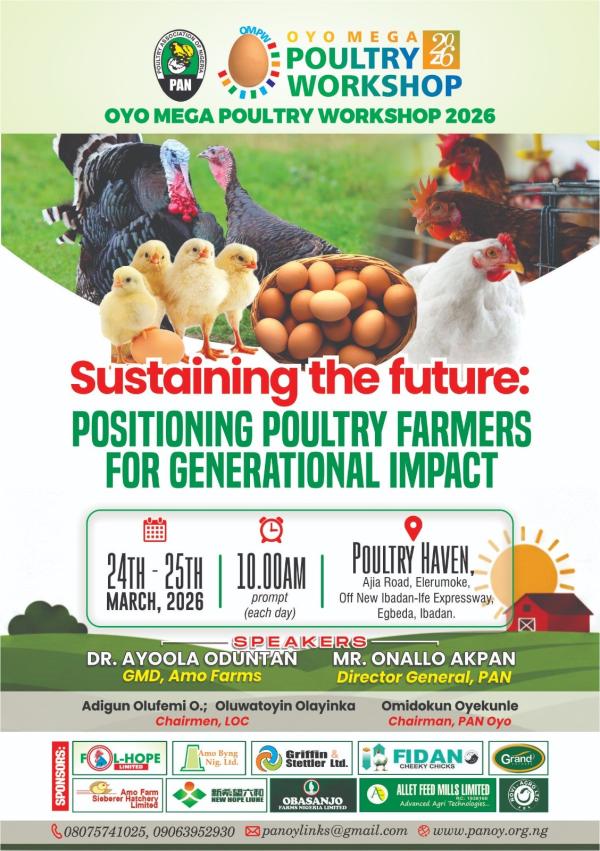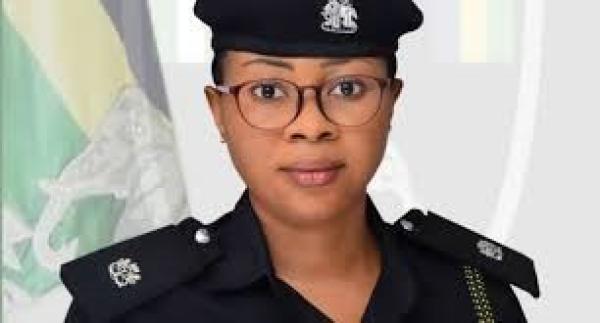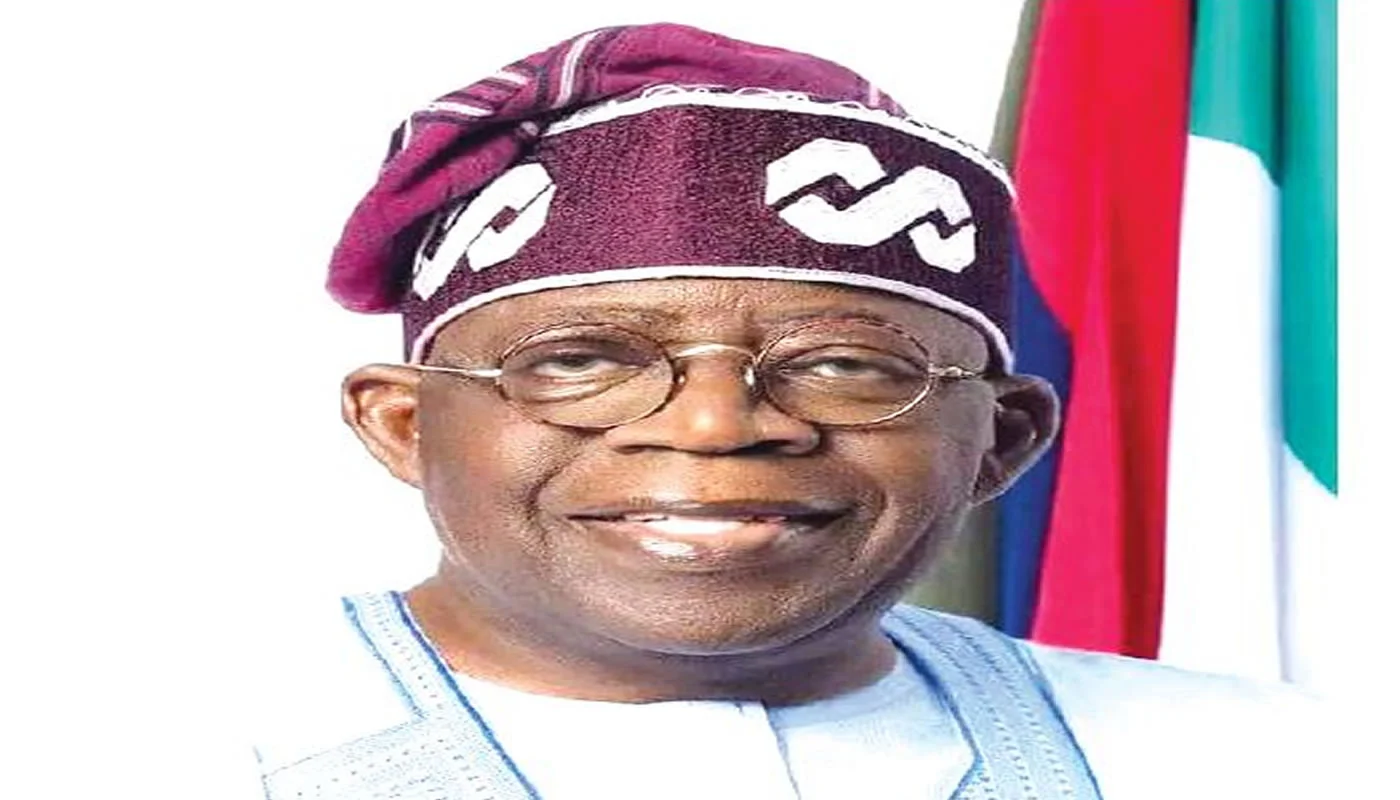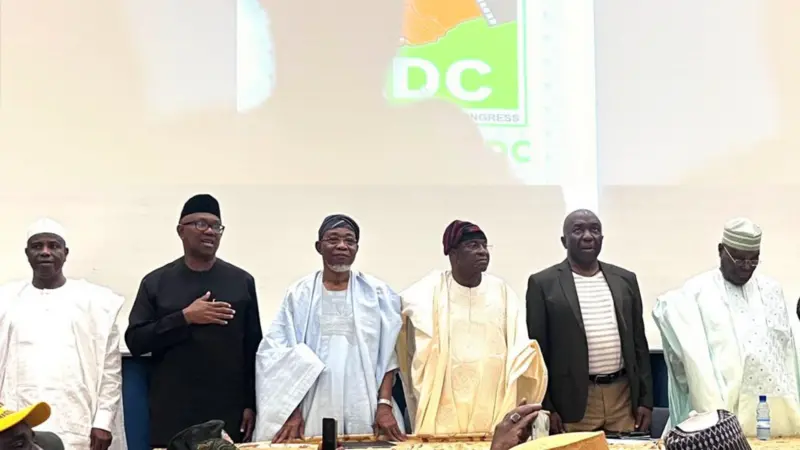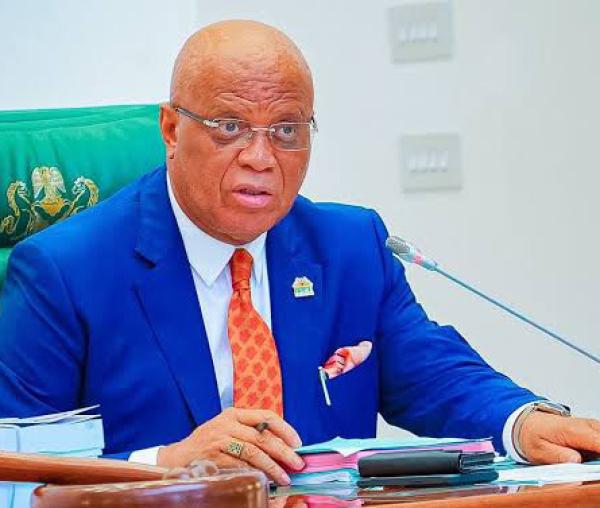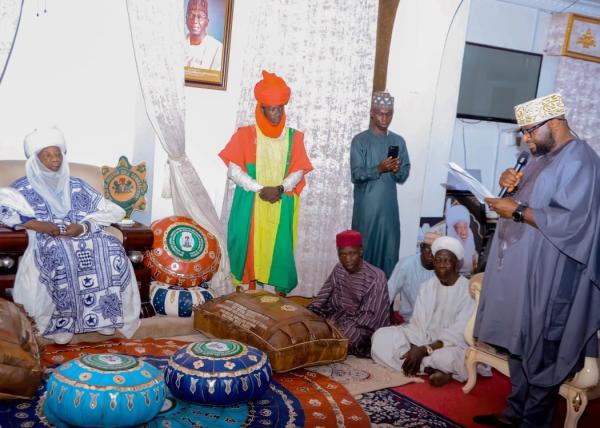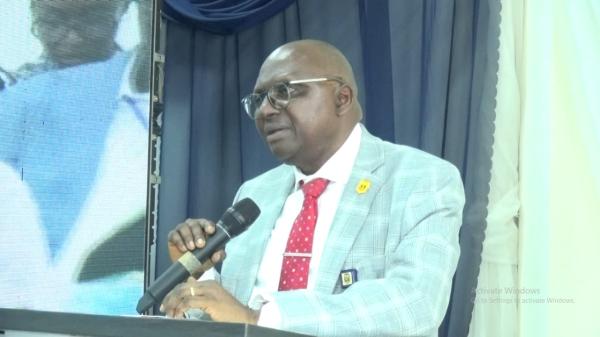
The Vice Chancellor of the University of Ibadan (UI), Prof. Kayode Oyebode Adebowale, has warned that mounting economic pressures in an increasingly interconnected world are deepening insecurity and threatening social stability.
He made the assertion on Tuesday, November 5, 2025, while addressing dignitaries, scholars, captains of industry, security experts, policymakers, and international delegates at the opening ceremony of the 19th International Annual Conference of the Society for Peace Studies and Practice (SPSP) held at the Abiola Ajimobi Resource Centre.
Welcoming participants on behalf of the Council, Senate, Management, Staff and Students of the University, Adebowale said the diversity of attendees reflected the urgent relevance of the conference theme, “Economic Challenges and the Tasks of Building Sustainable Peace in a Globalised World.”
He noted that the theme was far from an abstract academic inquiry, describing it instead as a mirror held up to “the very core of our contemporary global predicament.”
The UI Vice Chancellor observed that the world is now shaped by unprecedented interconnectedness—where events in one region trigger consequences across continents at astonishing speed. However, this same interconnectedness, he warned, coexists with and often worsens severe economic challenges.
He identified several troubling trends:
· Escalating inequality, with wealth and opportunities concentrated in ways that fuel resentment, social fragmentation, and the erosion of public trust.
· Economic volatility and uncertainty, worsened by global supply chain disruptions, unstable financial markets, energy crises, and lingering impacts of the COVID-19 pandemic.
· Resource scarcity, intensified by climate change, which displaces populations, strains institutions, and becomes a potent driver of instability.
· Mounting national debts, especially within the Global South, which limit investment in essential social services such as education, healthcare, and infrastructure—the very foundations of a peaceful society.
· Rising unemployment and underemployment, which translate into daily struggles, dashed hopes, and deepening frustrations.
“These economic pressures are not distant forces,” he cautioned. “They shape how people live, what they hope for, and what they are denied. They create fertile ground for criminality, violent conflict, and social unrest.”
Prof. Adebowale underscored the central role of universities in responding to these challenges. As Nigeria’s premier university, he said, UI recognizes its responsibility not merely to observe, but to actively shape solutions.
“We are active participants in the quest for knowledge and practical answers,” he said. “Across our faculties, interdisciplinary teams are examining the links between economic policies, resource management, social dynamics, conflict drivers, and peacebuilding strategies.”
He noted that conferences like SPSP’s international gathering act as “critical catalysts” for collaboration between academics, policymakers, industry leaders, and community actors. The Vice Chancellor added that UI continues to train future leaders—peacebuilders, economists, policymakers, and entrepreneurs—through curricula that increasingly integrate peace studies, conflict resolution, sustainable development, and ethical economics.
He highlighted ongoing community engagement efforts and research initiatives, including the University’s TETFUND Centre of Excellence in Security Management, which is actively conducting applied research to support national peace and stability.
In a stirring message to participants, Adebowale urged collective responsibility and bold innovation. “Let us approach these conversations with urgency and clarity,” he said.
“We must analyze how these economic challenges manifest in different contexts, innovate beyond traditional paradigms, and bridge the gap between economists, peacebuilders, policymakers, business leaders, environmental scientists, and communities.”
Adebowale stressed that those most affected by economic hardship—women, youths, displaced populations, and rural communities—must not be sidelined in peacebuilding discussions. “Their voices and lived experiences must shape our solutions,” he said.
He also pushed for stronger advocacy for just economic systems, accountable governance, responsible business practices, and increased investment in peacebuilding and sustainable development. Calling for resilience, he urged communities to design localized economic strategies that enhance self-reliance and strengthen social stability.
Prof. Adebowale concluded that although the task of building sustainable peace amid severe economic challenges is formidable, it is not unattainable. “This work demands our intellect, our commitment to justice, and our empathy for humanity,” he said.
“A peaceful society cannot exist without an economy grounded in ethics, fairness, and shared prosperity.”
The address set a reflective and purposeful tone for the four-day international conference, attended by leading peace scholars, security chiefs, development practitioners, and government officials from within and outside Nigeria.












